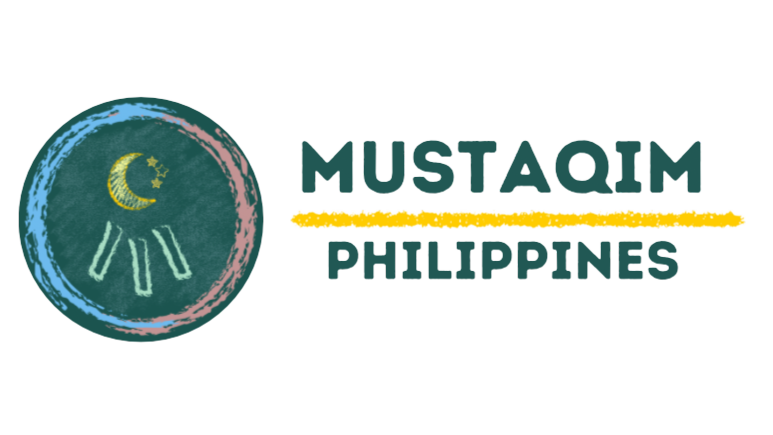Filipino culture is a rich tapestry woven with a multitude of values, traditions, and perspectives. Among the many cultural nuances that define the Filipino way of life, one concept that stands out is “kanya-kanya.” This term encapsulates the essence of individualism within the context of Filipino society, reflecting a unique blend of communal ties and personal autonomy.
“Kanya-kanya” translates to “each to his own” in English, encapsulating the idea of individualism and self-reliance within the Filipino cultural framework. This concept does not negate the importance of community or family; rather, it emphasizes the idea that individuals have their own paths, aspirations, and responsibilities.
The roots of “kanya-kanya” can be traced back to the historical and cultural evolution of the Philippines. The archipelago’s diverse ethnic groups, regional differences, and centuries of colonization have contributed to a dynamic cultural landscape. As a result, Filipinos have developed a sense of adaptability and resilience, cultivating a mindset that values personal agency in navigating life’s challenges.
While “kanya-kanya” highlights individual autonomy, it coexists with a deep sense of community and interconnectedness. Filipinos often find ways to strike a balance between pursuing personal goals and contributing to the well-being of the larger community. This duality is reflected in various aspects of Filipino life, from family dynamics to social relationships and workplace collaborations.
In Filipino families, the concept of “kanya-kanya” is evident in the encouragement of children to pursue their passions and aspirations. Parents often support their children’s individual journeys, recognizing the uniqueness of each family member. At the same time, the strong family bonds and interdependence remain integral to Filipino family life.
In professional settings, the Filipino concept of “kanya-kanya” can be observed in the way individuals approach their careers. Employees strive for personal success and growth while still contributing to the overall success of the organization. Teamwork and collaboration are highly valued, but so is personal achievement and advancement.
While “kanya-kanya” fosters personal agency and resilience, it also poses challenges to the collective harmony. Striking the right balance between individualism and community cohesion is an ongoing process, requiring open communication and understanding. Embracing the strengths of “kanya-kanya” can lead to a more empowered and diverse society.
The Filipino culture of “kanya-kanya” reflects a nuanced approach to individualism within the context of a communal society. It embodies the dynamic interplay between personal aspirations and communal responsibilities, showcasing the adaptability and resilience ingrained in the Filipino spirit. Understanding “kanya-kanya” provides insights into the complexities of Filipino culture, offering a lens through which to appreciate the diversity and richness of this vibrant society.
